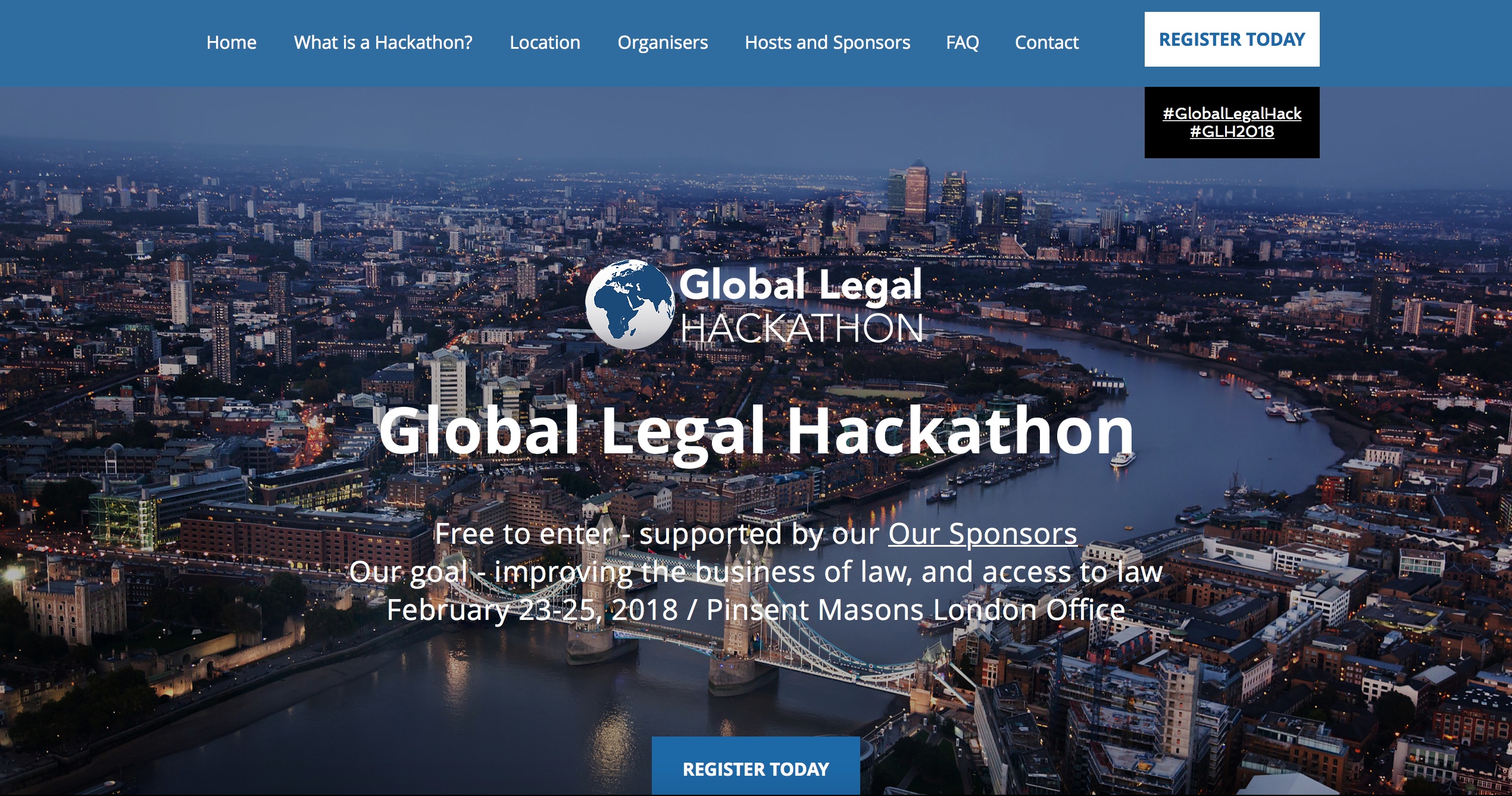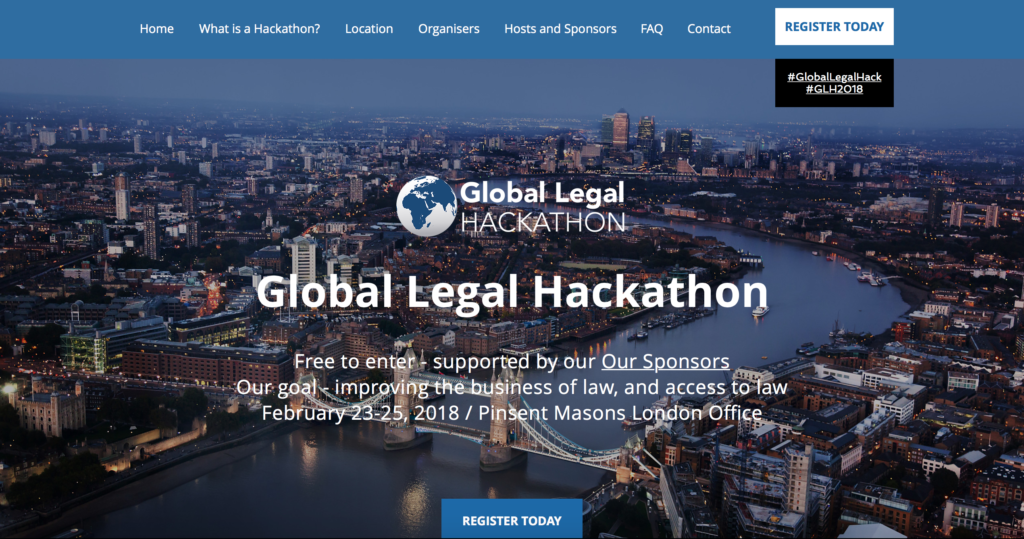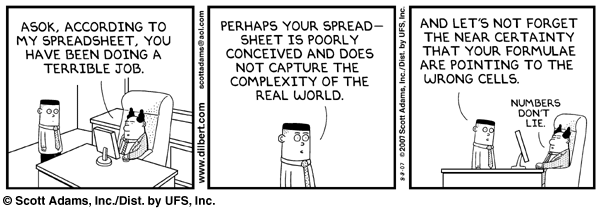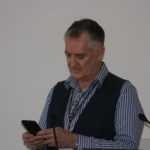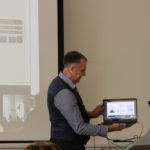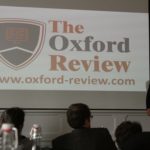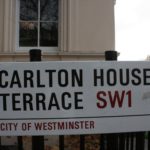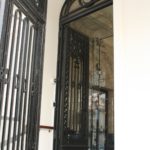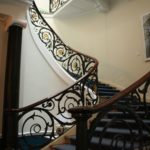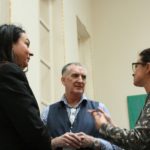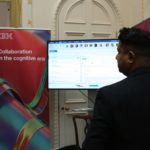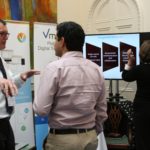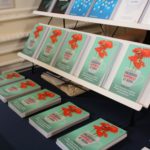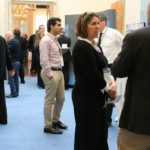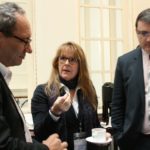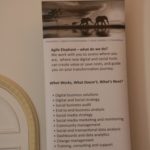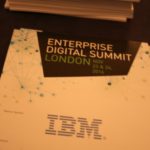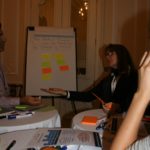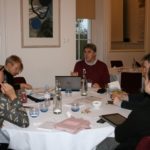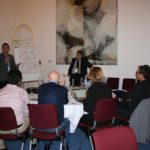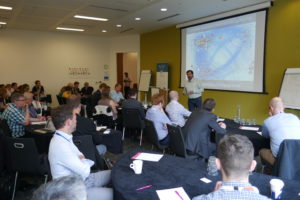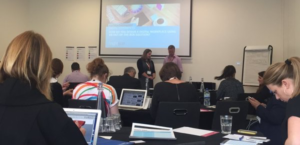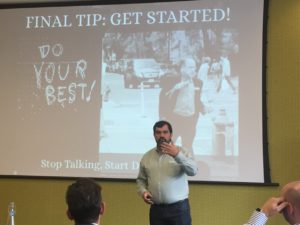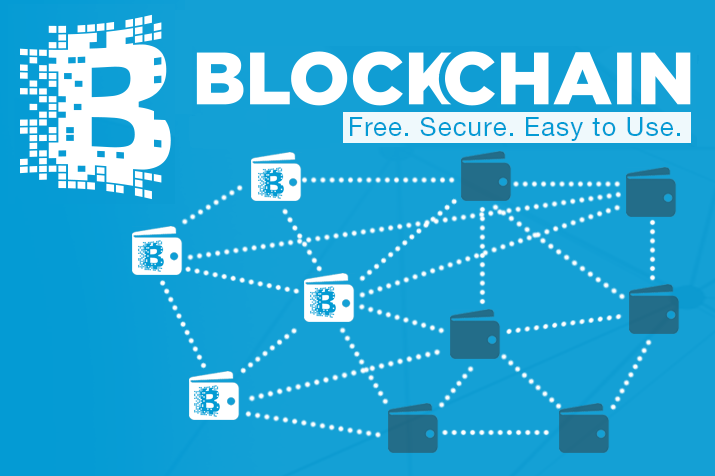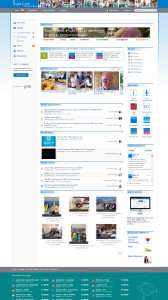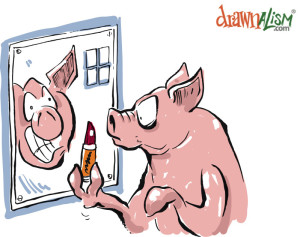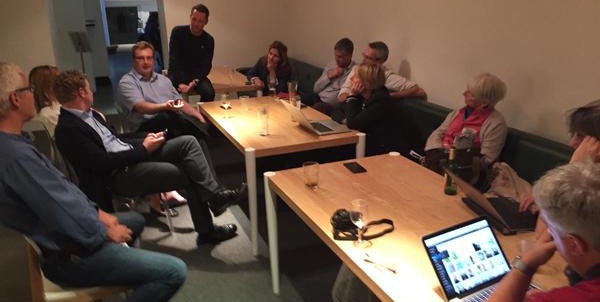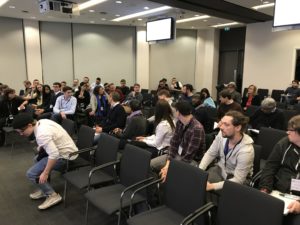 It’s been just over a week since the London stream of the Global Legal Hackathon, and those of us who were involved are still feeling the buzz. Here’s a full report of what went on. This was round one of a process which found a London winner to go forward with 39 other city winners from 20 countries, and 1 winner from a remote Hackathon stream too. The aim was to be as open and inclusive as possible, to make this the largest legal hackathon ever!
It’s been just over a week since the London stream of the Global Legal Hackathon, and those of us who were involved are still feeling the buzz. Here’s a full report of what went on. This was round one of a process which found a London winner to go forward with 39 other city winners from 20 countries, and 1 winner from a remote Hackathon stream too. The aim was to be as open and inclusive as possible, to make this the largest legal hackathon ever!
Globally more than 5000 people participated over the weekend of 23-25 February, generating more than 1000 new legal tech ideas. The 41 winners can improve their entries within agreed guidelines up to the deadline for round two which takes place on March 11th & 12th. Then 10 finalists will be chosen for round three, and funded to attend and the gala final, taking place in New York on April 21st.
Why run a Legal Hackthon?
It’s all about experimentation and innovation. We introduced what #GLH2018 #London was all about in our earlier posts. The goal was to apply innovative ideas and emerging (or any) technologies to progress the business of law or facilitate access to justice for the public. We knew that getting lawyers, coders, designers, marketers, analysts and other business people together over a weekend with beer and pizza was going to make things happen.
So what did happen that weekend?
Something special. On 23rd February, the Friday evening in London we had around 60 people (from 102 registered participants including helpers, mentors and judges) – some were partially formed teams, and many participants were coming along with an idea or some skills, energy and enthusiasm to add in to the pot. Of our participants who stayed the course till Sunday evening, what we didn’t realise until I asked the question in the final presentation session, was that around 2/3 had never participated in a Hackathon before! In Pinsent Masons‘ excellent auditorium, after setting the scene, explaining the timing, the rules, and the Judging Rubric, people started pitching ideas. Actually we started with just 3 good ideas. Then after a worryingly long pause and some discussion the ideas really began to flow. We ended up with 13 really interesting possibilities. We stopped for Dominos Pizza (who weren’t a sponsor, but maybe next year?). Pizza is the life blood of any Hackathon. Straight afterwards we got back in to the auditorium to try to facilitate some version of team speed dating. Actually, following a little encouragement, some of the ideas joined together or were dropped and we coalesced in to 6 teams, each with a strong proposition and a balanced set of skills. Pretty much everybody stayed until 21:00 when we closed the building.
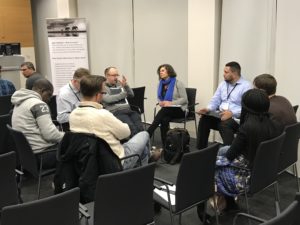 A surprisingly large numbers of team members rejoined us for 8:00 the next morning when we moved to Pinsent Masons luxurious client centre on the 14th floor. More team members arrived during the day – we actually had capacity for 13 teams in 13 separate rooms, thanks to our gracious hosts! 5 teams each grabbed a room for home base, and our 6th team met somewhere else with their developers in the morning, but joined us in the client centre mid afternoon.
A surprisingly large numbers of team members rejoined us for 8:00 the next morning when we moved to Pinsent Masons luxurious client centre on the 14th floor. More team members arrived during the day – we actually had capacity for 13 teams in 13 separate rooms, thanks to our gracious hosts! 5 teams each grabbed a room for home base, and our 6th team met somewhere else with their developers in the morning, but joined us in the client centre mid afternoon.
Of the 6 lifts you can take to get up and down the Pinsent Masons building, lift D is by far the best choice if you can get it. It’s all glass, running on the outside of the building, and they call it the James Bond lift because it briefly appears in a scene in Skyfall! Fantastic views over London. With that lift, those views and the client centre, this was very definitely “not your average Hackathon”!
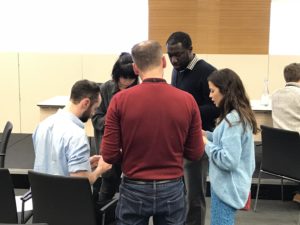 Rob Millard and I raided a local Marks & Spencer for sandwiches, nibbles, beer, wine and soft drinks. Actually we totally cleared them out of every variety of bottled beer they had in their fridge – not many regular customers expected in the City of London on a weekend. Sandwiches for lunch. More Dominos Pizza for our evening meal, made even more tasty with the addition of beer and wine (and soft drinks). However, it was notable that our teams were careful with their alcohol intake. We saw people refusing a second beer and heading back to their team rooms – there’s dedication! Yet again they all worked until 21:00 when we had to finally kick them out.
Rob Millard and I raided a local Marks & Spencer for sandwiches, nibbles, beer, wine and soft drinks. Actually we totally cleared them out of every variety of bottled beer they had in their fridge – not many regular customers expected in the City of London on a weekend. Sandwiches for lunch. More Dominos Pizza for our evening meal, made even more tasty with the addition of beer and wine (and soft drinks). However, it was notable that our teams were careful with their alcohol intake. We saw people refusing a second beer and heading back to their team rooms – there’s dedication! Yet again they all worked until 21:00 when we had to finally kick them out.
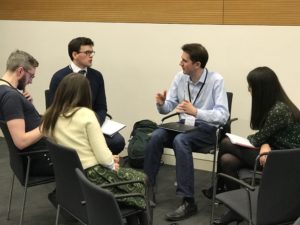 We had the same early start of 8:00 for Sunday with the same early arrivals, a different sandwich selection from Sainsburys and Tescos for lunch, and plenty of drinks and nibbles left for the early evening session. There was a lot of mentor interaction during the day, with teams getting input, asking questions, getting guidance on the approach for their presentations. Soon after lunch you could see some teams rehearsing their story as other teams madly tried to get everything finished by the 16:00 “down tools” deadline.
We had the same early start of 8:00 for Sunday with the same early arrivals, a different sandwich selection from Sainsburys and Tescos for lunch, and plenty of drinks and nibbles left for the early evening session. There was a lot of mentor interaction during the day, with teams getting input, asking questions, getting guidance on the approach for their presentations. Soon after lunch you could see some teams rehearsing their story as other teams madly tried to get everything finished by the 16:00 “down tools” deadline.
The Teams
Here are the 6 London teams:
| LiP-Sync | Toks Hussain |
| Keith Hardie | |
| Yee Mun Ooi | |
| Ian Broom | |
| James Kingston | |
| Julie Gottlieb | |
| Alex Goff | |
| Mariela Petsova | |
| LightningWarriors | George Norfolk |
| James Turner | |
| Elma Gakenyi | |
| Ben Babbik | |
| Thomas Pauls | |
| Jon Wilks | |
| Team Pinsent Masons | Orlando Conetta |
| Michael Bell | |
| Ben Cooper | |
| Michael Bell | |
| Alisha Kouser | |
| Olivia Irrgang | |
| smartcomms.ai | Rosemary Martin |
| Philip Fumey | |
| Martin Kath | |
| Lyle Ellis | |
| Steven Jebb | |
| Olaseni Odebiyi | |
| Christopher Rawlings | |
| RegChain | Alkesh Acharya |
| Fraser Matcham | |
| plus 2 | |
| Legalytics | Murtaza Amirali |
| Dr. Mehmood Hassan | |
| Ashok Panchabakesan | |
| Mohamed Sajeed Hameed |
Our Judges and Mentors
Our judges were Christina Blacklaws, Deputy Vice President of the Law Society, Frank Jennings the “Cloud Lawyer”, Joanna Goodman, writer/editor and columnist for the Law Society Gazette, and Dr Richard Sykes chair of the Cloud Industry Forum.
Our mentors, to advise and keep the teams on track were Sophia Adams-Bhati, Richard Tromans, Andy Unger, Kim Silver, Silvia Cambie, Jelena Madir, Robert Marcus, Dennis Howlett, Maeve Lavelle, Alan Patrick, Janet Parkinson, Rob Millard and me. Amy Braunz of Integra Ledger joined us for Sunday too.
A very big thank you to all of our judges and mentors who gave up valuable time over a weekend to join the fun. This whole exercise was not-for-profit, only made possible by these people volunteering, our host providing the space free, and our sponsors paying to feed us.
Who was supporting this?
Here are those vital London Sponsors and Supporters we need to thank for making all of this possible! Cambridge Strategy Group, the Agile Elephant Team, and Pinsent Masons were co-hosts (and by the way, the venue was fantastic!). We mustn’t forget IBM and Microsoft who provided developers some free access to their cloud platforms. LexisNexis, JG Consulting, Sales Filter, Durham Law School and The Law Society, were our local sponsors. The Society for Computers and Law, and Disruptive.Live were supporting us too.
I must also thank Indi Shinji, Pinsent Masons events coordinator. She did a fantastic job all weekend keeping us happy, keeping an unruly bunch of hackers compliant with PM health and safety, and keeping her cool as she accommodated our various and unusual demands. She was brilliant.
The Global sponsors across all three rounds are Integra, IBM Watson Legal, the Global Legal Blockchain Consortium, Cadence, LawDroid and ONE400
The Presentations
As soon as everyone managed to get down from the 14th floor, a little before 16:15 on Sunday we assembled back in the auditorium for our 6 presentations. The sequence had been chosen fairly by drawing lots. Each team had a strict 10 minutes and no more, plus 5 minutes of Q&A from our 4 judges, sitting on stage at the top table. Even with the handovers and usual audio visual problems of hooking up a variety of different laptops for presenting demos, prototypes and slides (that suddenly freeze, or won’t connect) we got through all 6 sessions well inside the allotted 2 hours. I must thank Nathan the Pinsent Masons AV guy who made it happen, recorded and live streamed it all for us (we’ll publish video soon). diginomica live streamed the sessions on Facebook Live too. It’s important to note that this wasn’t a “PowerPoint off”, as prototypes and real code were on show, as well as the slides to tell their stories.
Frank Jennings’ post summarises the ideas from our 4 “third” placed teams more succinctly than I could:
“One team proposed the use of machine learning to help users to prioritise and process their emails. There was a GDPR toolkit for small-medium sized organisations. Another was a dashboard collating billing info, time, indexing and work location data. And there was a blockchain application to help with conveyancing.”
Managing to finish the show and tell before 18:00 gave our judges a little extra time to come up with a winner and a runner-up, which head judge Christina Blacklaws duly announced.
It’s notable that none of our 6 teams were reinventing the wheel. Even the team who were tackling the common problem of email and information overload for lawyers had innovative ideas using machine learning to address the problem.
The Winners!
You might have seen the announcements already, but our London winners were:
The runner-up was LiP-Sync:
An app with chat interface using IBM’s natural language processing, sentiment analysis and Watson to help those going through a divorce without legal representation.
The London winner was Team Pinsent Masons:
A blockchain enabled tool to manage workflow in developing ideas for new innovations to fully formed business propositions and for partners to vote on which ideas should receive investment. The tool could also be used for partners to quickly and easily vote on other issues too, making it easier to engage them as business owners and enhance governance.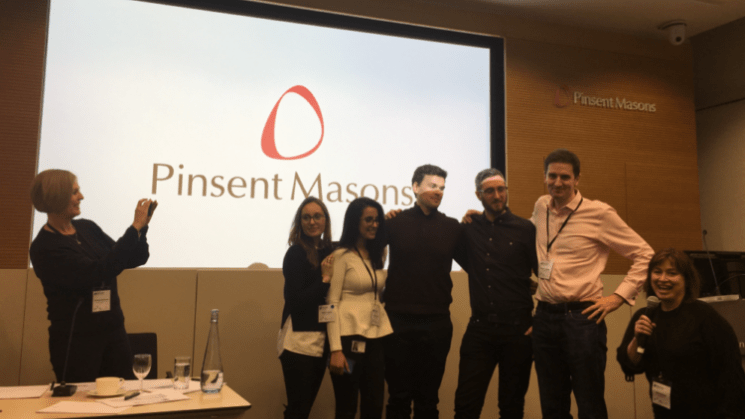
The Blockchain issue
Agile Elephant’s position on blockchain technology is well known. We worry about the hype and fashion element associated with many of the startups and ideas out there. We worry about a lack of understanding of where blockchain is and isn’t an appropriate solution and the real cost of a transaction using this technology. However, there are a growing number of real use cases and sensible applications, like many that we’ve seen across this Hackathon. We’ll be writing another post specifically on this issue, and I recommend you read CEO of Integra Ledger, David Fisher’s excellent guest post on the Artificial Lawyer making the case for Blockchain and the Law.
Other posts about #GLH2018 #GlobalLegalHack
Here is a selection of posts we could find about the Hackathon.
Here’s a great piece from Dennis Howlett, founder of diginomica, on the event and his experience as a mentor (and I particularly like his takedown of the “armchair quarterback”):
Lawyers and code – who’da thunk? Yet Global Legal Hackathon hailed as success
Frank’s view as a judge:
From the Law Society Gazette:
Host team Pinsent triumphs in global legal hackathon
Richard Sykes column on Horizon Business Innovation:
Global Legal Hackathon is Practical and Relevant
Orlando Connetta of the winning team explains their solution:
The Power of Play – Our experience at the Global Legal Hackathon
A great post from Britton Guerrina of PwC on….
Why lawyers should do hackathons
Thomson Reuters on the IP issue with this and other hackathons:
Observations from the Global Legal Hackathon 2018: The Communal Dimension of Intellectual Property
Artificial Lawyer announces the winner, and then broadens it out, listing all of the 40 City winners:
Pinsent Masons Team Wins London Leg of Global Legal Hackathon 2018
And the Worldwide GLH 2018 Winners Are….
I’m expecting a column on #GLH2018 from Joanna Goodman, and other posts too. As those get published or we find more, I’ll update this post and add them here.
Conclusion
We all had a blast! Some really great ideas have started on a journey that we hope they complete to become products in the wild. Our friends running the Global event tell us they are delighted with all the feedback they got from London, and we know that it was the trending topic in legal tech last weekend. We’ll carry out a survey of our own with all actual participants, as well as registered attendees who downloaded the app but didn’t make it to the venue. We hope to find out what worked, what didn’t and what we should do next year. And yes, there will be a next year! The GLH organisers want to make this an annual event, as well as running other activities for the legal tech community too. We’ll certainly be doing that and in 2019 with our co-hosts for the UK too. Watch this space!
If you attended, were watching on social media, or just want to give us some feedback, please add a comment below or contact us.
Update
Keith Hardie quite rightly pointed out I’d missed some of the members of the LiP-Sync team. Apologies, but they’ve been added back. Also I’ve added more post links (on IP at hackathons, a column by one of our judges, one on why lawyers should do hackathons) – more of those soon as I see them.


